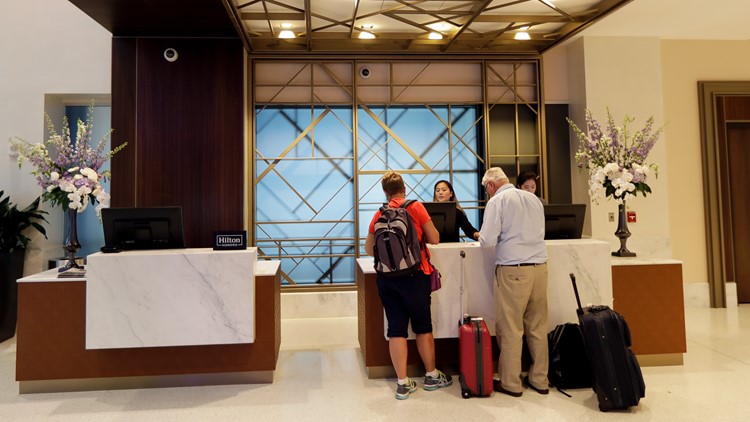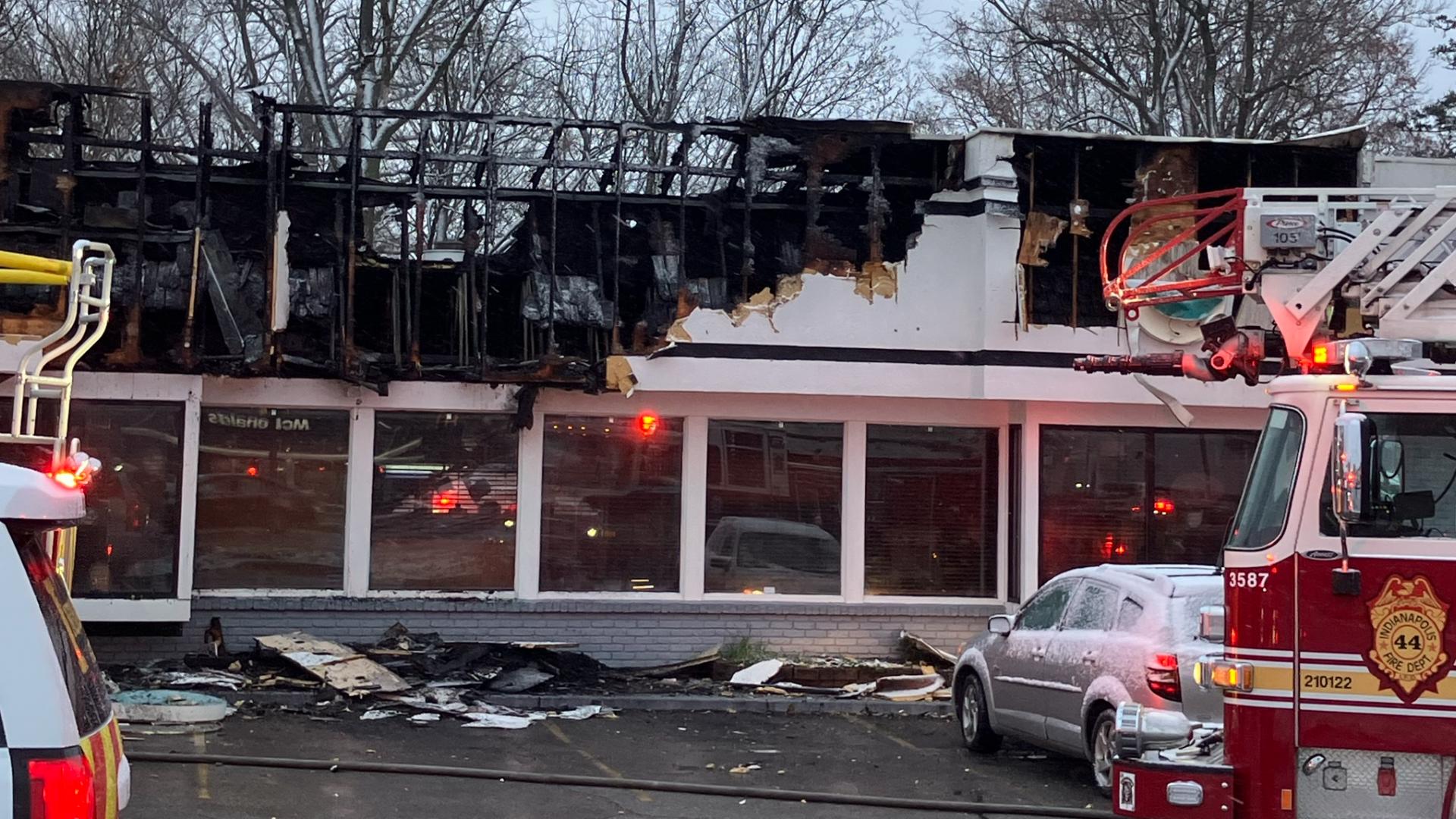Whether out of necessity due to staffing shortages, out of respect for social distancing or perhaps just to save money, one of the primary amenities that sets a hotel apart from your home — daily housekeeping — is disappearing.
The days of returning to a wrinkle-free duvet are likely gone. Forget fresh towels, and accept that your trash might never get taken out during your stay.
The trend of no more daily housekeeping — while largely initiated by COVID-19 — has become the norm at many hotels. During the pandemic’s early days, when transmission was more of a mystery, many hotels cut housekeeping services to reduce contact between strangers. But more than two years later, housekeeping still hasn’t returned.
Marriott’s policies vary by property, but housekeeping is usually offered only upon request, with all rooms cleaned automatically every sixth night. Hilton’s default is no more daily cleanings at most properties unless requested. Walt Disney World reduced service to light housekeeping every other day. That entails towel replacement and trash removal but doesn’t necessarily include services you might expect, like getting your bed made.
Other hotels have schedules, like the Hotel Solares in Santa Cruz, California: Three-night stays or fewer don’t get service, while six-night stays or fewer are cleaned once. The hotel recommends you leave trash outside your door.
Those service reductions aren’t always welcome.
“Guests don’t want to have to ask every time they need their trash emptied or dirty towels replaced,” said D. Taylor, international president of Unite Here — a U.S. and Canada hospitality workers’ union — in a prepared statement. “Without cleaning, what stops a hotel from being just a more expensive Airbnb?”
WHY CUT HOTEL HOUSEKEEPING?
In many cases, the cutbacks may be more about money than safety. For some hotels, there’s not enough money to cover the cost. For others, it’s an opportunity to make more of it.
LABOR AND MATERIAL COSTS ARE AT MASSIVE HIGHS
The nationwide labor and materials shortage has hit hotels particularly hard. For instance, the leisure and hospitality industry lost 8.2 million jobs in March and April 2020 which is an employment decline of 49% , according to the U.S. Bureau of Labor Statistics. While there has certainly been rehiring hope (travel-related jobs are now among the fastest-growing sectors lately), the industry is still about 1.5 million jobs short of its pre-pandemic levels.
Meanwhile, supply chain and inflation issues are ongoing. Hotels reported a 79% cost increase of cleaning and housekeeping supplies, according to a November 2021 American Hotel & Lodging Association survey of about 500 hotel operators.
AN OPPORTUNITY FOR HIGHER PROFITS
Other hotel operators have explicitly stated it’s about money.
“The work we’re doing right now in every one of our brands … is about making them higher-margin businesses and creating more labor efficiencies,” Hilton CEO Christopher Nassetta said during a February 2021 investor earnings call. “When we get out of the crisis, those businesses will be higher margin and require less labor than they did pre-COVID.”
HOW TO CONTINUE GETTING HOUSEKEEPING ON YOUR VACATION
RESEARCH BEFORE BOOKING: Hotels typically post cleaning procedures online. Look for pages on individual hotel websites labeled something like “amenities,” or “COVID-19 safety.” If the cleaning calendar is not up to par, consider booking elsewhere.
BOOK HIGH-END HOTELS: Most high-end hotels are notably absent from this trend. Some Hilton brands, including Waldorf Astoria Hotels & Resorts, LXR Hotels & Resorts and Conrad Hotels & Resorts, still offer daily housekeeping. Most Four Seasons offer twice-daily housekeeping.
But that’s not always true. Disney’s Grand Floridian Resort & Spa — frequently deemed Walt Disney World’s most opulent resort — offers housekeeping only every other day, like all Disney resorts. Nightly rates range from $757 to $4,428, according to theme park data site TouringPlans.com.
REQUEST SERVICE: Of course, booking high-end hotels might be an unrealistically expensive solution. But here’s another trick that can work at even budget hotels: Ask nicely.
Be polite, and staff might take pity on your mess. After all, they don’t want stinky odors of days-old seafood takeout emitting from your room either. And the beach sand you tracked in could easily spread if not promptly vacuumed anyway.
For hotels where housekeeping is available on request, you can generally ask at check-in. Other hotels require you to request it each day.
THE BOTTOM LINE
Some economists have pegged a new word to this phenomenon where, rather than raise prices, companies cut services previously provided: skimpflation. Skimpflation could mean reduced staff, thus longer lines or phone hold times. It might entail the end of free headphones on airplanes or restaurant bread service.
And for many travelers, skimpflation in the form of no more daily housekeeping has become a particularly unpleasant and — quite literally — messy trend.
_____________________________________
This article was provided to The Associated Press by the personal finance website NerdWallet. Sally French is a writer at NerdWallet. Email: sfrench@nerdwallet.com. Twitter: @SAFmedia.



